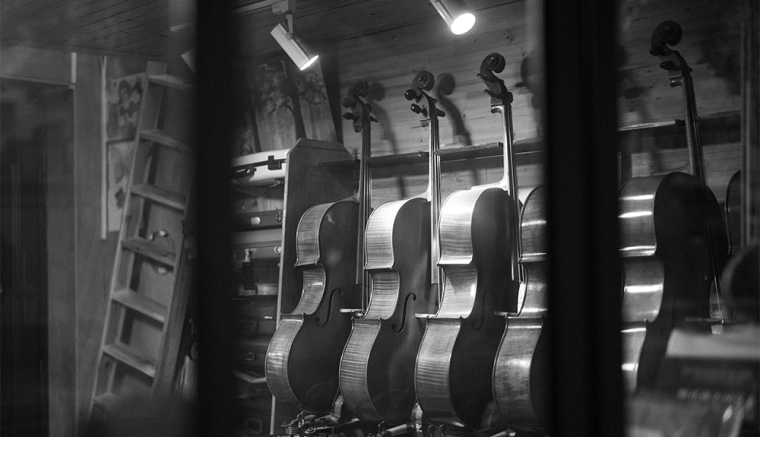In our Craft Capsule series, authors reveal the personal and particular ways they approach the art of writing. This is no. 233.

At the beginning of this series I suggested starting a novel in the middle and working the story out from there. Through multiple, subsequent drafts, I find my way to plot, character, scenes, a beginning, and an ending.
On the other hand…everyone has their own practice and process. What works for me may not work for you.
Putting the final touches on a manuscript, however, is a different, more universal story. You are at the end of the process, and there are rules that strike me as ironclad. Final polishing is essential. No more skipping over the “icky” passages that annoy you, or bore you, or that you secretly know are confusing.
At this point I go word by word to ensure that everything on the page serves the story. This means shortening and tightening wherever possible. It means considering each word and phrase to see if there is a better, more expressive way to say it.
It also means ensuring that the themes of the novel thread through the book’s language. I check every word to see if I can draw from my themes—say dance and music—to substitute vocabulary from those disciplines.
I also check for atmospherics. Will the descriptions keep readers in scene? A scene in Duet for One takes place driving up the New Jersey Turnpike from Philadelphia to New York. Anyone who has driven on this section of I-95 knows that it is rarely, if ever, free of congestion. I had one of my characters, Thaddeus Collier, a large man who plays cello, driving up in a VW bug amidst the trucks and cars whizzing by.
Protagonist-violinist Adam and Thaddeus are having a sobering conversation about Adam’s dead mother while driving to a rehearsal in New York. With Adam and his violin sitting shotgun and the cello angled across the backseat, I wanted to convey how cramped the car was, because hauling a cello around is integral to being a cellist. In between listening to Adam share his grief, Thaddeus curses at a UPS truck barreling ahead in the left lane. I was also trying to convey the reality of driving up I-95.
In “world-building” Adam’s life I thought about the minutiae of being a musician. Have non-musicians thought about the intricacies of carting a cello around? Does the reader understand the schlep to rehearsals, including in other cities?
If you’re a teacher you know the race to prepare for class, the “being on call,” the uncertainty of how students will respond to the material you’ve prepared. If you’re writing about a teacher you might want to convey that anxiety of entering the classroom, and what goes through a teacher’s head during class. Similarly, if you’re writing about a nurse you might want to show him recording the meds he dispenses to patients in three different ways, because if he doesn’t he’s being negligent. Readers respond to details that are specific to how your characters spend their time, including at work.
These details, weaving through your narrative, enliven the world you create. I don’t believe in all “show” and no “tell,” but I do believe that the showing must ring true. In addition to accurate detail, carefully selected vocabulary helps make your writing sparkle. Choosing words that resonate with themes in your work, or that mirror specific issues facing your characters, can help buff up your language. (I used buff here, because it is a word that goes with polishing—as in “buffing up a piece of silver.” Ditto for the choice of the word sparkle above.)
As a blanket rule, the only way I know how to finish the polishing is to keep my tush in the chair, stay with the themes, and be a stickler for detail. If it’s really hard, and takes a long time, you’re on the right track.
Martha Anne Toll is a novelist and literary and cultural critic. Her debut novel, Three Muses, won the Petrichor Prize for Finely Crafted Fiction and was shortlisted for the Gotham Book Prize. Toll is a recipient of multiple artists’ fellowships and residencies. She serves on the Board of Directors of the PEN/Faulkner Foundation. A graduate of Yale, Toll holds a B.A. in Music, and her classical music training informs her artistic practice. She holds a J.D. from Boston University School of Law and comes to writing professionally after a career dedicated to social justice.
image credit: Tangerine Chan






